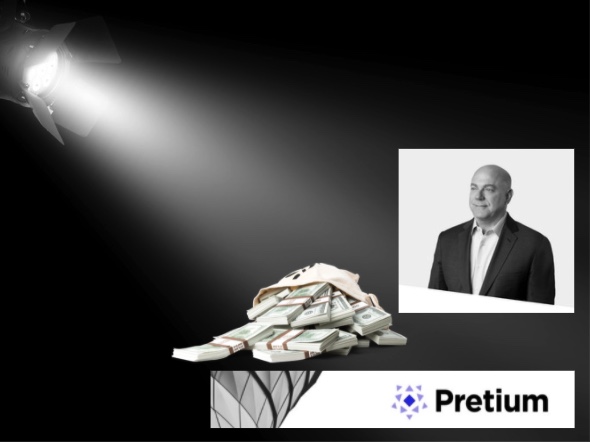
Post-moratorium, Pretium Partners Remains in the Spotlight Heading into 2022
December 22, 2021
Throughout 2021, Pretium Partners was the object of much scrutiny for its treatment of tenants in the properties it owned. For instance, in response to coverage by NPR and Bloomberg in June, Senate Banking Committee Chair Sherrod Brown requested a briefing by private equity firm Pretium Partners to talk about compliance with the CDC eviction moratorium and the company filing eviction actions at higher rates in majority-Black counties.
The tremendous examination by media, legislators and community groups was bolstered by PESP’s research on evictions during the pandemic and its findings of disparate impacts on Black renters.
Private Equity Stakeholder Project, April 14, 2021: PANDEMIC EVICTOR: Don Mullen’s Pretium Partners Files to Evict Black Renters, Collects Billions From Investors
The latest spotlight on Pretium came in October, when the U.S. Senate Committee on Housing, Banking and Urban Affairs again held a full committee hearing on How Private Equity Landlords are Changing the Housing Market.
Committee Chair Senator Sherrod Brown opened the hearing by noting, “One thing seems to be pretty much certain in this economy: no matter what happens to most Americans – a financial crisis, a global pandemic – Wall Street will find a way to profit off of everybody else’s pain.”
Explaining the purpose of the hearing, Brown continued:
That private equity business model has been preying on people since the housing crisis. So no one should be surprised that in the turmoil of a public health and economic crisis, Wall Street is running a similar playbook. Today, in many cities and towns there are few affordable options. When private equity comes in and buys up homes in their town, many renters are left with no choice other than to accept the rising rents…private equity profits depend on squeezing every last nickel from workers and renters, without any kind of real investment in their employers or their communities. It’s a symptom of one of the biggest problems in our economy – the Wall Street system is not set up to prize long-term investment. Private equity is all about the quick buck – everyone else be damned. Today, we’ll look at how these firms have changed the housing market – and not for the better.
Senator Tina Smith shared that renters in Minnesota have raised concerns about Pretium Partners. She read testimony from Pretium renters such as Shanika Henderson:
Starting at the beginning of the pandemic, HavenBrook stopped responding to repair requests in my home. The basement leaks during the winter and has ruined many of my items in my home. In my home, there are issues with the porch falling in, electrical issues, broken steps, broken windows, screens that are broken. I have been working with the city to try to get these issues addressed, but only a few of the items were fixed in a month’s time and were reinspected by the city on 9/9/21 at 3:00pm. I have been reporting many of these issues since October of 2020 and had to do many of the fixes myself.
And from Jimmy Harris who described the heat not working and “a large hole of dirt around 3 feet tall in the basement where a rat has come through the basement leaving an infestation.”
Smith observed how many of the properties that were being discussed at the hearing were acquired by institutional landlords through bulk sales, “so that got the properties off the books of the federal government, but it concentrated them in the hands of large institutional buyers.”
Smith added that many of the concerns she heard from Minnesotans were around maintenance issues:
Too often it seems like these single-family rental properties are being mismanaged. We’ve heard stories about… landlords that are thousands of miles away that are clearly focused on squeezing profit out of these properties and not focused on building strong communities. Pretium, which bought Havenbrook Homes earlier this year, says they’re trying to make up for past institutional owners’ mismanagement … but so far, Minnesotans don’t seem to be seeing any improvement. Even if these new owners are able to address these problems, it doesn’t address the fact that the incentives for institutional buyers are simply never going to be aligned with building strong community.
Mellissa Chang of the Private Equity Stakeholder Project submitted testimony to this hearing, answering the question: Why Are Massive Investors Buying Into Manufactured Homes Now?
Over the past 20 years, manufactured home communities increasingly have gone from “mom and pop” enterprises to ownership by private equity firms and large, multi-state corporations that seek to capitalize on manufactured-home owners’ unique situation.
The outsized growth of private equity and institutional investment during this time period raises particular concern given the economic turmoil created by the COVID-19 pandemic. Research by the Urban Institute found that residents in manufactured home communities were more likely to be employed in the industries most affected by the pandemic.[5] Loopholes and gaps in pandemic relief legislation also have made residents of manufactured homes easier to evict.[6]
Read our full testimony here.
